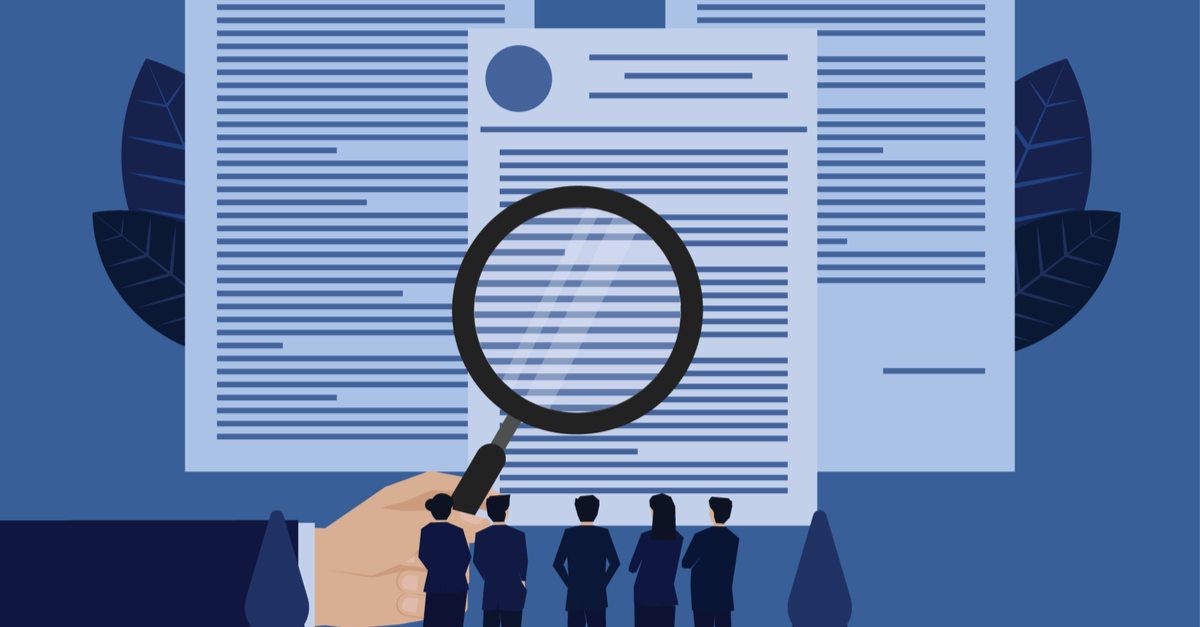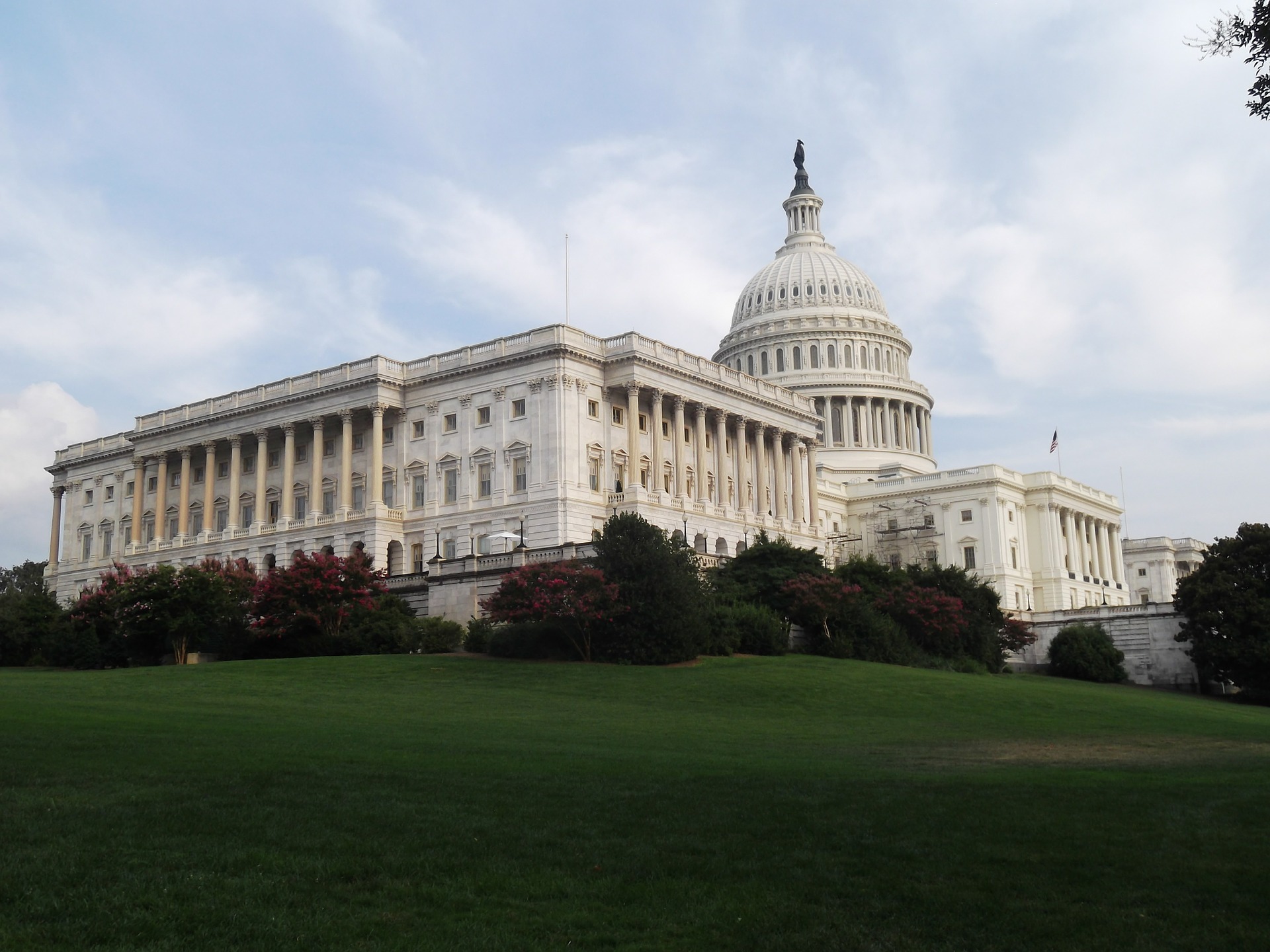Showing results for viiia20 bobet bad credentials bobet

Remarks on Diversity and Inclusion by Michael McCullough
[…] recognizing and accounting for “harms.” /// Bias harms are hard to tease out… and sometimes it is hard to get people to understand why bias harms are bad and should be cured; not managed… this is increasingly true when the “harms” potentially affect “only” small groups or are individualized, which is relevant as we […]

Polonetsky: Are the Online Programs Your Child’s School Uses Protecting Student Privacy? Some Things to Look For
[…] online. Even the strictest privacy controls can’t always prevent a student from disrupting class by making racist remarks in the chat or sharing the link or log-in credentials. I hate to load another burden on parents who are trying to work from home, but making sure your kid isn’t an online troll is partly […]

Apple & Google Update Terms for COVID-19 Apps
[…] ensuring that data sources are reputable. A COVID-19-specific app will only be considered if developers represent recognized entities such as “government organizations, health-focused NGOs, companies with clear credentials in health issues, and medical or educational institutions. Any entertainment or game apps with COVID-19 as their theme will be prohibited.” In addition to these new […]

Award-Winning Paper: "Privacy's Constitutional Moment and the Limits of Data Protection"
[…] corporate structures. For example, they write: “Privacy law should be concerned with a number of corporate matters, including limiting how the corporate form is used to shield bad actors from personal liability.” By empowering privacy officers within the corporate structure with more decision-making abilities and protection from executive pushback, policymakers could promote improved corporate […]

Privacy Papers 2019
[…] freely-given expression by the user. Highlighting unexpected data practices and considering secondary and incidental users reduces surprise for users and hopefully prevents privacy harms, social media outcries, bad press, and fines from regulators. Importantly, a privacy interface is not just a compliance tool but rather an opportunity to engage with users about privacy, to […]

COPPA Workshop Takeaways
[…] notice or consent mechanisms that burden both parents and companies. Many panelists also urged the FTC to engage in more enforcement actions. One panelist stated that more frequent enforcement actions would have a “tremendous effect” in rooting out bad actors and encouraging COPPA compliance. For additional reading on the workshop, see these articles: https://iapp.org/news/a/ftc-workshop-aims-to-inform-potential-coppa-updates/ https://www.edsurge.com/news/2019-10-08-the-ftc-has-its-sights-on-coppa-and-edtech-providers-should-take-notice

Digital Deep Fakes
[…] as having “the potential to disrupt every facet of our society.” From the mass market of news and viral memes to the exchanges between individuals or businesses, bad actors will be able to create fake videos (and other media) with the intent to harm personal, political, economic, and social rivals. Unable to believe what […]

Statement by FPF CEO Jules Polonetsky: Facebook Case Shows It Is Time to Give the FTC Enhanced Civil Penalty Authority
[…] so it’s difficult to prove a financial loss. In those privacy cases, the FTC should have fining authority; it would create effective, proportionate deterrence and ensure that bad actors are held accountable – even when they don’t charge consumers a fee for services. The time has come to give the FTC civil penalty authority. […]

Privacy Features of iOS 12 and MacOS Mojave
[…] a link to their privacy policy in the App Store Connect metadata field and within the app. (5.1.1) Developers must include a mechanism to revoke social network credentials and disable data access between the app and social network from within the app. (5.1.1) Developers must respect the user’s permission settings and not attempt to […]

New Study on “the Marketplace for Student Data”
Fordham University’s Center on Law and Information Policy (CLIP) just released the study, “Transparency and the Marketplace for Student Data,” which examines the practices of data brokers who buy and sell information about students. In the study, the authors describe existing privacy laws, map the commercial marketplace, and describe the challenges of understanding how data about students is collected and used.
